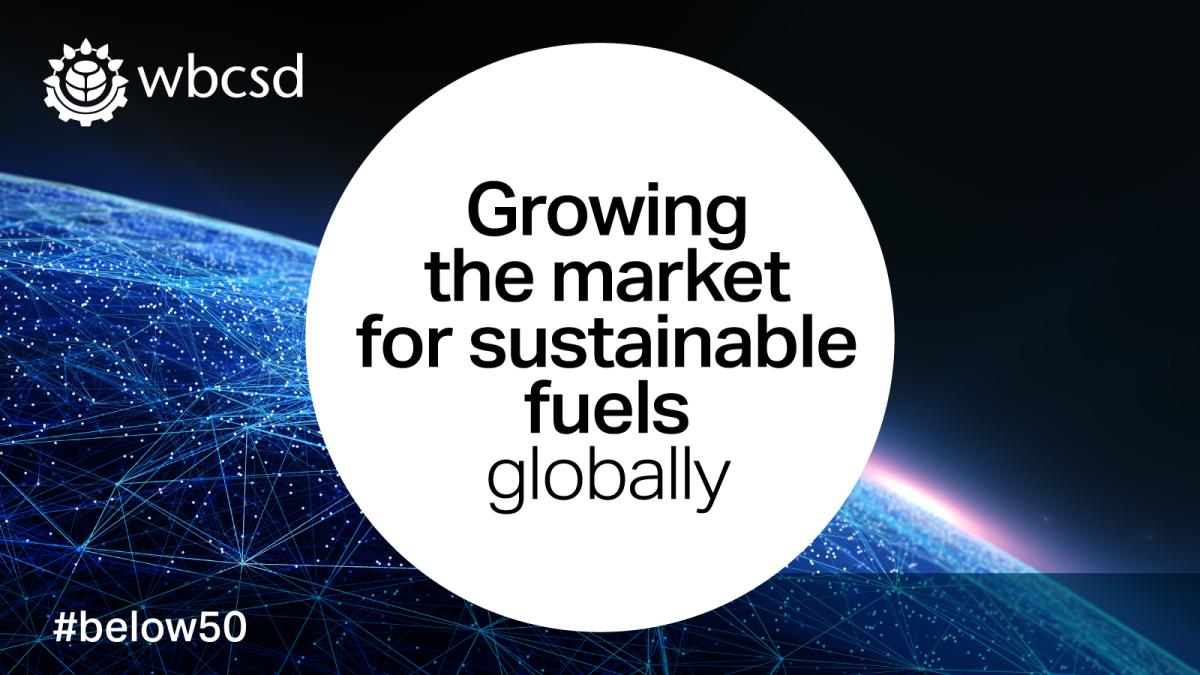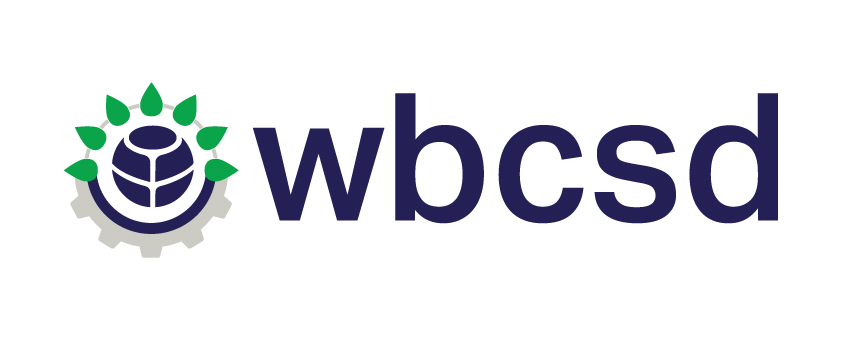below50 Goes Global: Regional Hubs Established Across Three Continents to Grow the Market for Low-carbon Fuels

BONN, Germany, November 14, 2017 /3BL Media/ – Today at COP23, the World Business Council for Sustainable Development (WBCSD) announced a major expansion of its below50 project, designed to rapidly grow the market for the world’s most sustainable fuels.
As part of this expansion, new hubs will begin operating across three continents: Australia, North America and South America.
below50 is a unique collaboration that involves the entire value-chain for low-carbon fuels. It brings forward-thinking businesses together to purchase, consume or produce fuels that emit at least 50% fewer greenhouse gasses (GHGs) than traditional fossil fuels.
This is a hugely important step forward in the transition to low-carbon transport.
Transport accounts for nearly 25% of all emissions worldwide, and 90% of the sector is dependent on carbon intensive fossil-fuels. To date, only 3% of transportation fuels are low-carbon. This figure must grow to 10% by 2030 in order to satisfy economic growth and help keep global temperatures from rising more than 2°C.
The new below50 hubs will help in reaching these goals.
By tailoring below50 activities to match local economic, political and geographical contexts – each regional hub is expected to have significant impact on the low-carbon fuels market.
Speaking at the launch in Bonn, Larissa Rose, Managing Director of the the Queensland Renewable Fuels Association (QRFA), host of the below50 hub in Australia, described below50 Australia as “a unique opportunity to rapidly scale-up the production, use and export of below50 fuels.” Ms. Rose underlined the value of a connected global approach commenting that “establishing the regional below50 hubs today sends a strong signal that builds confidence, demonstrating the rise of a low-carbon fuels industry that is essential for reducing emissions in the transport sector.”
Ana Carolina Szklo, Projects and Technical Advising Senior Manager Manager at CEBDS, the Brazilian Business Council for Sustainable Development, host of the South America hub, echoed these sentiments saying, “South America has much to gain from the below50 hub. It will help disseminate valuable experience across the globe, and will also strengthen the low-carbon fuels sector locally by providing a strong platform for engagement.”
The North America hub is hosted by the Biotechnology Innovation Organization (BIO). Stephanie Bachelor, Director of State and International Policy at BIO, described the launch of below50 in her region as “an invaluable boost to the low-carbon fuels sector, at a critical moment in North America.” Brent Erickson, Executive Vice President of BIO’s Industrial & Environmental Section, added, “The below50 regional hub can bring together the entire value chain for low-carbon fuels in North America, which are at a critical stage in scale up. The expansion of below50 can help to revitalize the investment, research and development necessary for continued commercial development of these fuels.”
The launch of these hubs is just the beginning of below50’s ongoing expansion.
In 2018, the project is looking to establish more regional hubs - most likely in China, Mexico and the Philippines.
This strong momentum reflects the growth of the low-carbon fuels sector as well as the growing recognition of the role that low-carbon fuels will play in reducing emissions in transport.
The below50 hubs will develop their own work programs but will remain strongly connected to the global below50 program and will align with the broader vision and direction of the project.
Contact:
Felicity Glennie-Holmes, WBCSD Communications
Phone: +41 22 839 3110
Email: glennie-holmes@wbcsd.org
About the World Business Council for Sustainable Development (WBCSD)
WBCSD is a global, CEO-led organization of over 200 leading businesses working together to accelerate the transition to a sustainable world. We help make our member companies more successful and sustainable by focusing on the maximum positive impact for shareholders, the environment and societies.
Our member companies come from all business sectors and all major economies, representing a combined revenue of more than $8.5 trillion and 19 million employees. Our global network of almost 70 national business councils gives our members unparalleled reach across the globe. WBCSD is uniquely positioned to work with member companies along and across value chains to deliver impactful business solutions to the most challenging sustainability issues.
Together, we are the leading voice of business for sustainability: united by our vision of a world where more than 9 billion people are all living well and within the boundaries of our planet, by 2050. http://www.wbcsd.org

